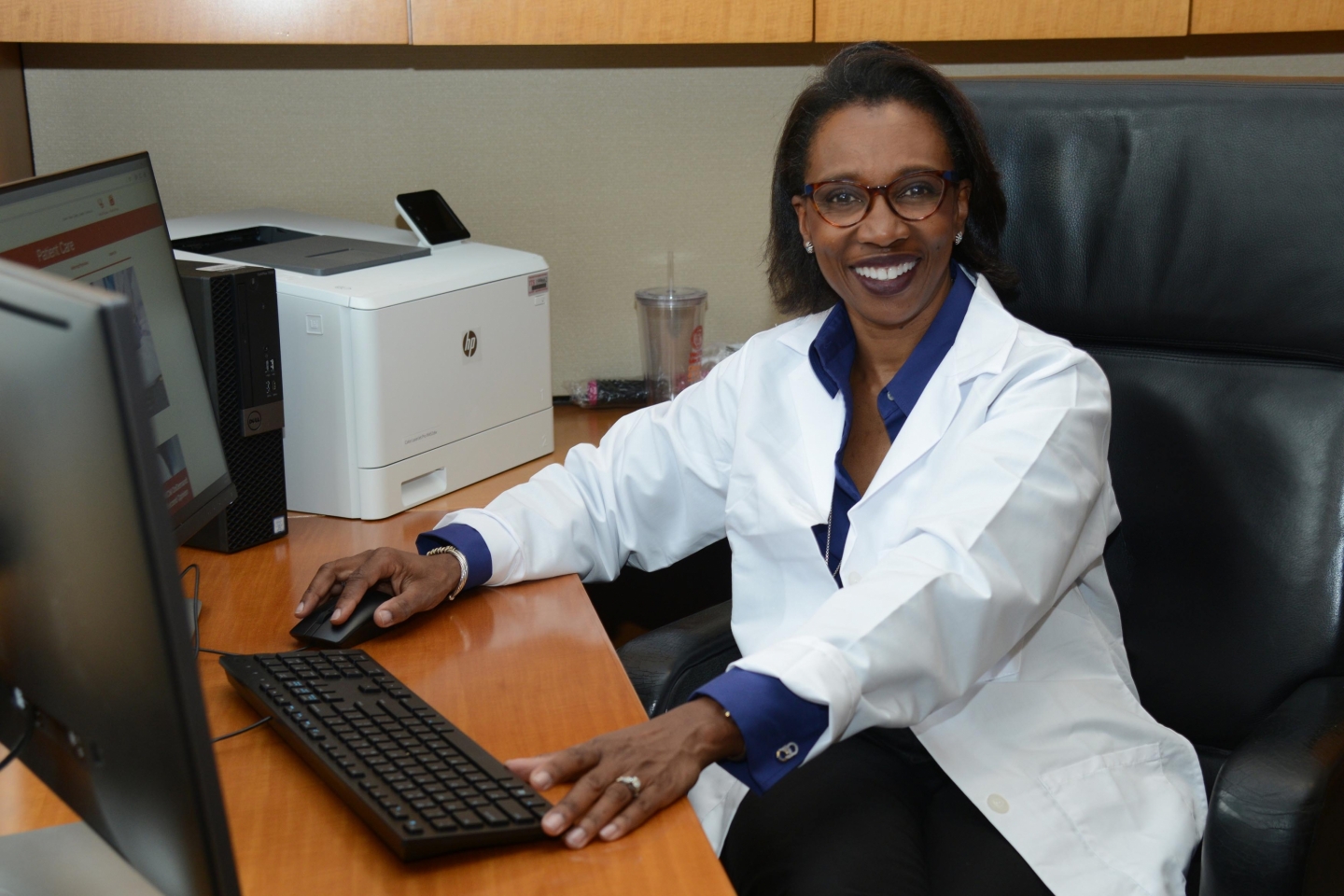
“It feels like Christmas morning every day,” said Dr. Laura Riley when asked to describe her new position as chair of the Department of Obstetrics and Gynecology at Weill Cornell Medicine.
“From the medical school and its distinguished faculty of physician-researchers to the new Alexandra Cohen Hospital for Women and Newborns, it’s an exciting place for me to be,” she explained.
Dr. Riley, a renowned obstetrician with expertise in high-risk pregnancies, particularly those with infectious disease complications, is a known leader in women’s health and an accomplished physician-researcher. She comes to Weill Cornell Medicine with over 20 years of experience at Massachusetts General Hospital, where she helped build the institution’s obstetrics department from the ground up.
She was drawn to obstetrics and gynecology because she found the combination of internal medicine and surgery very intriguing. Dr. Riley shared, “I realized that I was very well suited for the beginning of life. I found it rewarding when a woman was seriously ill but could still have that beautiful experience of having a healthy baby.”
Dr. Riley completed her residency and infectious disease fellowship at the beginning of the HIV epidemic. “That became a very pivotal experience in both my training and career,” she explained. “I worked in an inner-city hospital in Boston seeing high-risk pregnant women with HIV disease.” There, she set up a women’s HIV clinic. “In the first two to three years, 30 percent of the women died. Thankfully, because of antiretrovirals, things are much more optimistic now.”
Dr. Riley is incredibly excited about the opportunity to build up an already strong Department. “Weill Cornell Medicine has a world-class OBGYN Department and medical school. There is a commitment to women’s health—both financially and spiritually, at all ages and all stages,” she said.
She is passionate about the opportunity to mentor faculty, promote those that are already here, and bring in new residents and fellows. “It’s a thrill to recruit new faculty with academic pursuits, both research and education. I’ve spent a lot of my career mentoring OBGYNs. I want to share my knowledge and passion with the next generation.”
Being new to Weill Cornell Medicine, Dr. Riley appreciates the benefits of the department being a part of the larger Weill Cornell system. She explained, “The various departments within Weill Cornell Medicine are well connected; and researchers and clinicians are so generous with their time.” Dr. Riley, continued, “It’s a thrilling opportunity for me to collaborate with Dr. Rainu Kaushal of The Department of Population Health Sciences, studying health outcomes. This collaboration is unique to Weill Cornell.”
Along with growing the faculty, Dr. Riley would like to better understand how racial and ethnic disparities impact our women patients through continued clinical research. She is keen to participate in existing clinical trials through networks such as the Maternal-Fetal Medicine and Pelvic Floor Disorders networks. “Weill Cornell Medicine could be a great asset to this work and add to new knowledge,” said Dr. Riley.
She continued, “New York State has been a leader in best practices in reducing maternal mortality rates. I want Weill Cornell Medicine to be the best among the best with unrivaled care.” Dr. Riley stressed that we must also concern ourselves with materteral morbidity, which includes unexpected outcomes of labor and delivery that result in significant short- or long-term consequences to a woman’s health. Dr. Riley said, “In a large academic hospital like Weill Cornell, we have the resources to improve outcomes.”
Dr. Riley is impressed with the strong commitment to women’s health at Weill Cornell Medicine but knows there’s more that can be done.
“We have a hospital with all the bells and whistles here in Manhattan,” said Dr. Riley, “and these resources must be used for all women, including the underserved populations in NYC.” She continued, “While we understand that people like their neighborhoods and community care is important, we also need to get people to where they will be best served. We need to bring women on to the Weill Cornell Medicine campus if necessary and make this as seamless a transition as possible.”
Dr. Riley emphasized, “We must raise the standard of care, the experience of care for all women, regardless of race and economic status, regardless of location in the city. It’s a challenge everywhere, but I will strive for it.”
“Gynecologic oncologists and surgeons at Weill Cornell provide high-quality care and collaborate with partners at Columbia to train the next generation,” Dr. Riley stated.
“I am very motivated by the cutting-edge research being conducted in immunotherapy. She cited Dr. Juan Cubillos-Ruiz, Jr. in particular and explained, “His novel treatment approaches have shown impressive results to date. “
Dr. Riley sees genetic testing as the future of personalized cancer treatment and explained, “Through biogenetic testing and tissue banking, we can advance the understanding of the genetic contributions to human health and illness, leading to better diagnoses and treatments.”
Learn more about the comprehensive care and world-class services offered by the Department of Obstetrics and Gynecology at Weill Cornell Medicine.